Town officials say retesting of groundwater near a coal ash dump under the Chapel Hill Police Department shows no contamination has entered Bolin Creek.
The coal ash pit lurking beneath the Chapel Hill Police Department headquarters was discovered last year when town officials had the land on Martin Luther King Boulevard appraised for possible sale.
Testing last fall revealed higher than normal levels of levels of arsenic, barium, chromium and lead in groundwater samples from one of two testing wells, but officials with the NC Department of Environment and Natural Resources requested retesting because the turbidity levels in the samples could lead to inaccurate results.
Last month, environmental engineers from Falcon Engineering re-sampled groundwater from two wells on the property using a low-flow filter to minimize turbidity.
A newly-released report from Falcon found metal concentrations in all samples to be below state standards for contamination, indicating that groundwater on the site has not been compromised by the coal ash.
A site assessment states there’s also no evidence that contamination leached into Bolin Creek, as some environmental activists had feared.
The town is waiting to hear from NC DENR about what next steps to take next. The state agency could require clean up of the site or place limitations on its future use.
Related Stories
‹
![]()
Activists Call For Council Action On Coal Ash DumpState and town officials are investigating a coal ash dump under the Chapel Hill Police Department, but some local activists say that's not enough.
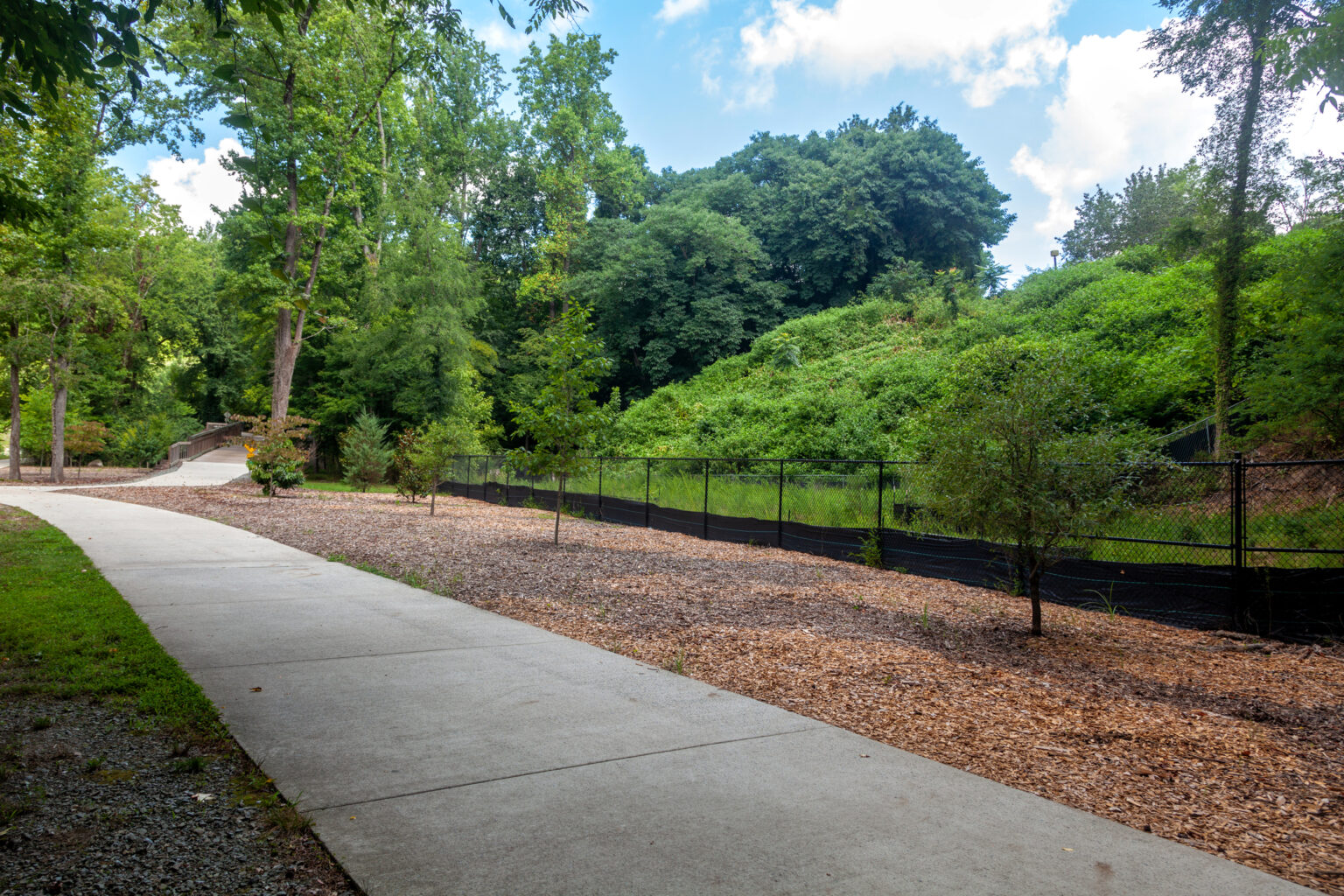
North Carolina’s Iconic College Town Struggles to Redevelop a Toxic Coal Ash MoundAs the Town of Chapel Hill prepares to redevelop land less than two miles from the University of North Carolina campus, some say a draft cleanup plan fails to adequately protect the public from arsenic, cobalt and other toxic metals that were detected in the greenway in 2013.

Chapel Hill, DEQ Set to Share Draft Agreement for 828 MLK Boulevard's Coal Ash RemediationChapel Hill said the Department of Environmental Quality is preparing a public comment period on 828 Martin Luther King Jr. Blvd for July.

Chapel Hill Negotiates Lease for New Police Department Headquarters Off Millhouse RoadUPDATE: On June 17, the Chapel Hill Town Council unanimously approved a resolution allowing the town manager to execute a lease at 7300 Millhouse Road as part of its consent agenda. The Chapel Hill Police Department has long sought a permanent home beyond their current spot at 828 Martin Luther King Jr. Boulevard. The facility […]
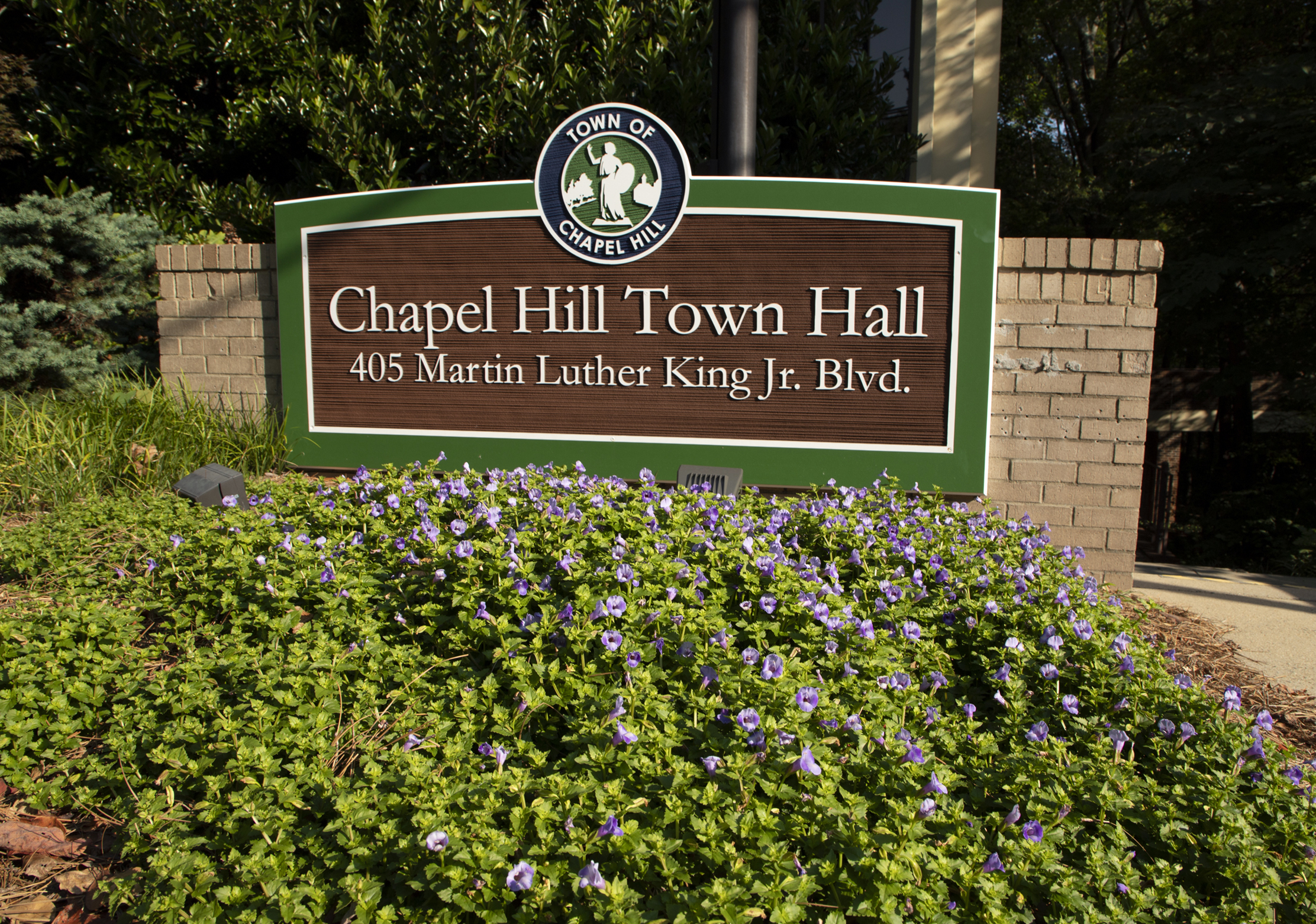
Center for Biological Diversity Affiliate Shares Endorsements, Methodolgy in Chapel Hill's 2023 RacesThe Center for Biological Diversity's action fund shared its endorsements in Chapel Hill's 2023 races, largely basing them around one issue.

DEQ Considers Brownfields Program for Chapel Hill Police Station PropertyStudies are being conducted to determine if the EPA Brownfields Program can be used to clean up and redevelop the 828 MLK Jr. property.
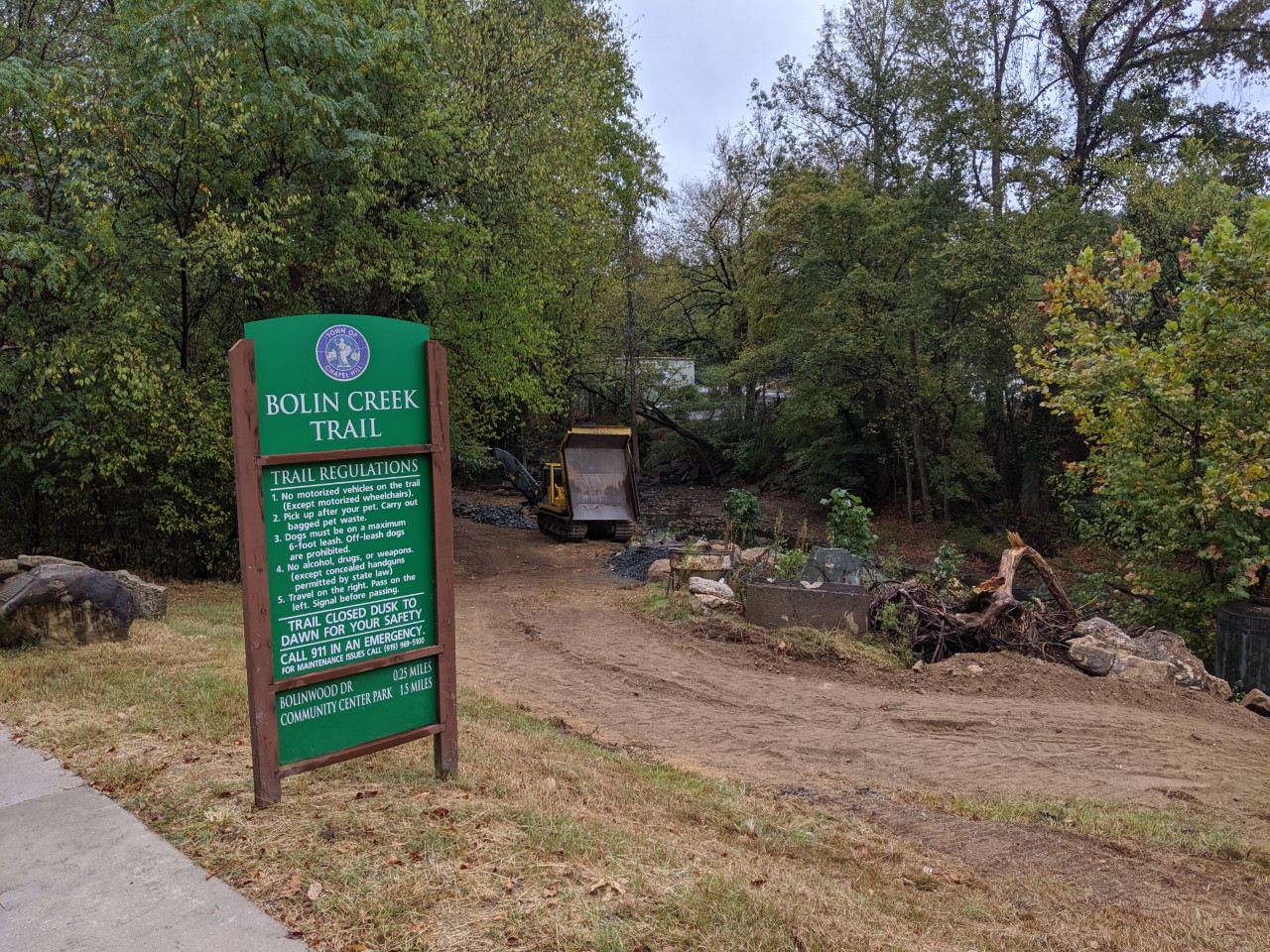
Construction, Renovation of Bolin Creek Trail Resumes After DelaysA 550-foot gap has sat in the Bolin Creek Trail for months. Those using the trail have had to cross busy Martin Luther King Jr. Boulevard to return to the trail instead of crossing under the bridge on the path. Now, after delays from Hurricanes Florence and Dorian and the coal ash remediation project along […]
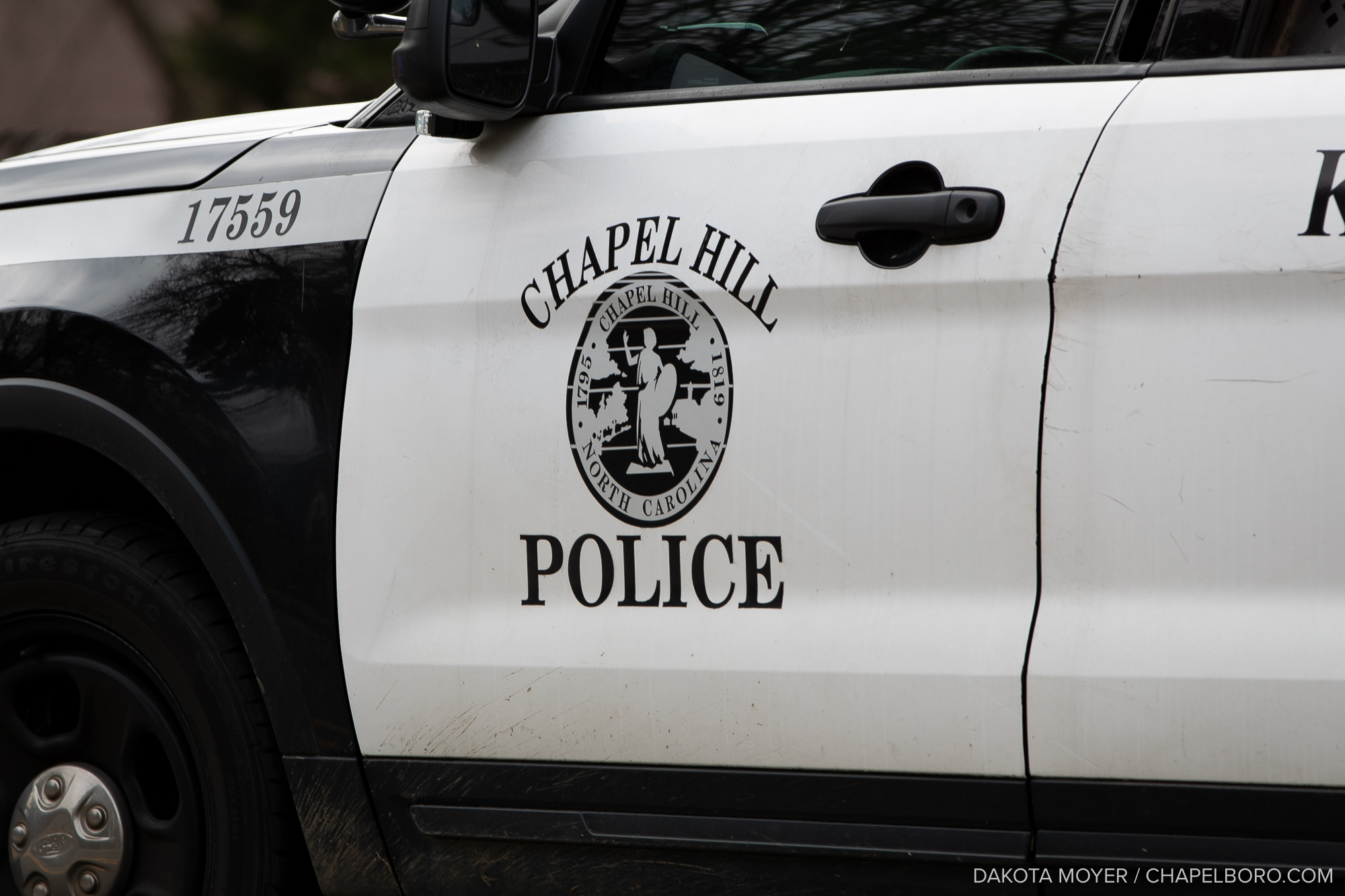
Chapel Hill Police: 28-Year-Old Reported Missing Now Safely LocatedUPDATE: Chapel Hill Police shared a message at 3:30 p.m. on Wednesday saying Yueh-Ning Cheng has been safely located.
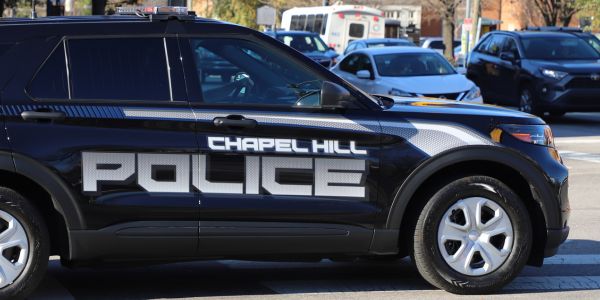
Durham Teen Arrested, Charged in Violent Chapel Hill CrimesThe Chapel Hill Police Department arrested 16-year-old Shaun Derek Dunn of Durham Thursday night with the assistance of U.S. Marshals. He is facing charges related to both an armed carjacking at The Siena Hotel and an armed robbery in the area of Old Chapel Hill Road. Both incidents occurred last week. “We will not tolerate […]
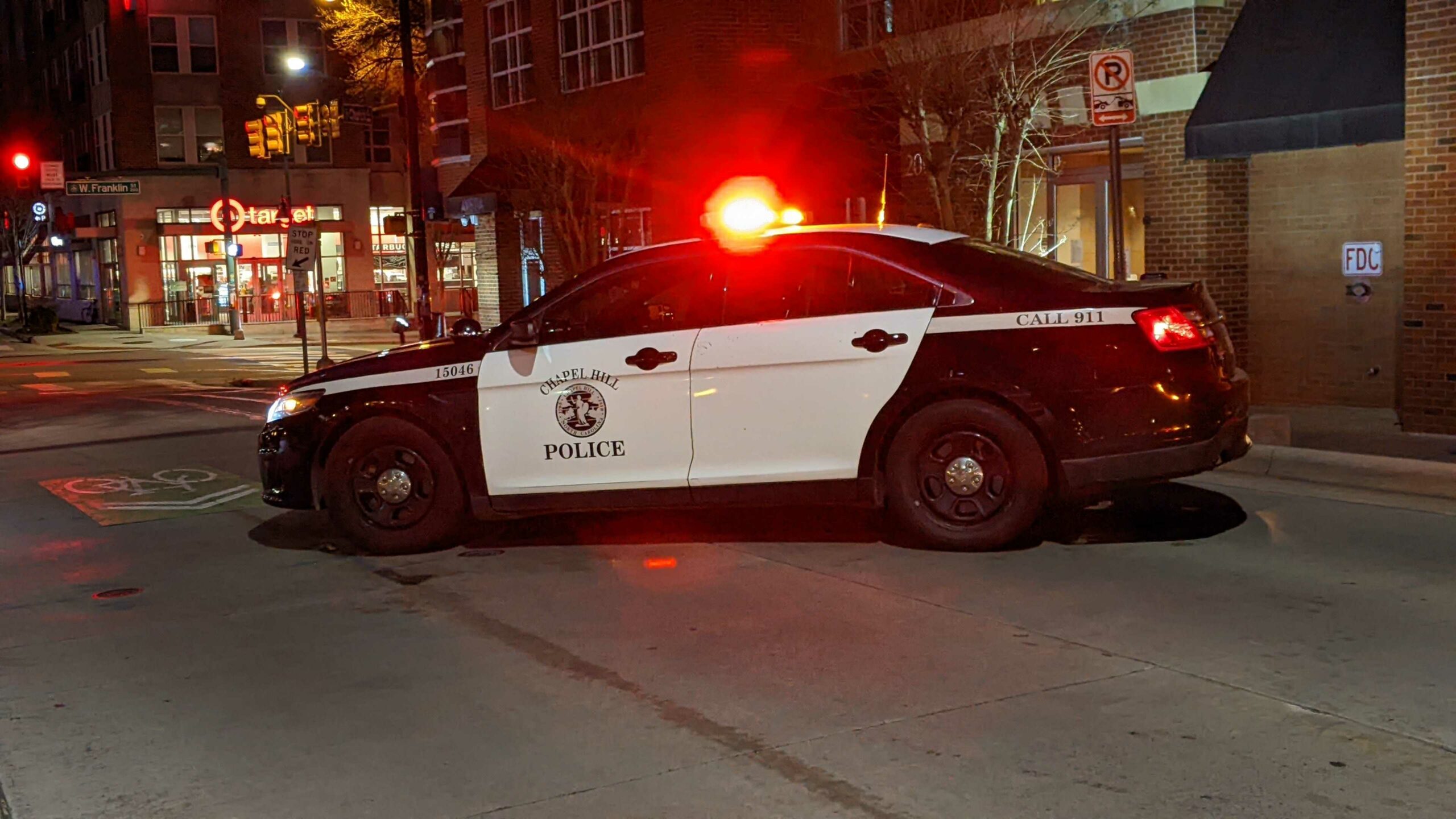
Durham Teen Named as Suspect in Chapel Hill Armed Carjacking, Police Share Photos of OtherThe Chapel Hill Police Department named a Durham teen as a suspect in an armed carjacking which took place early Saturday morning, and shared photos of a person of interest.
›









